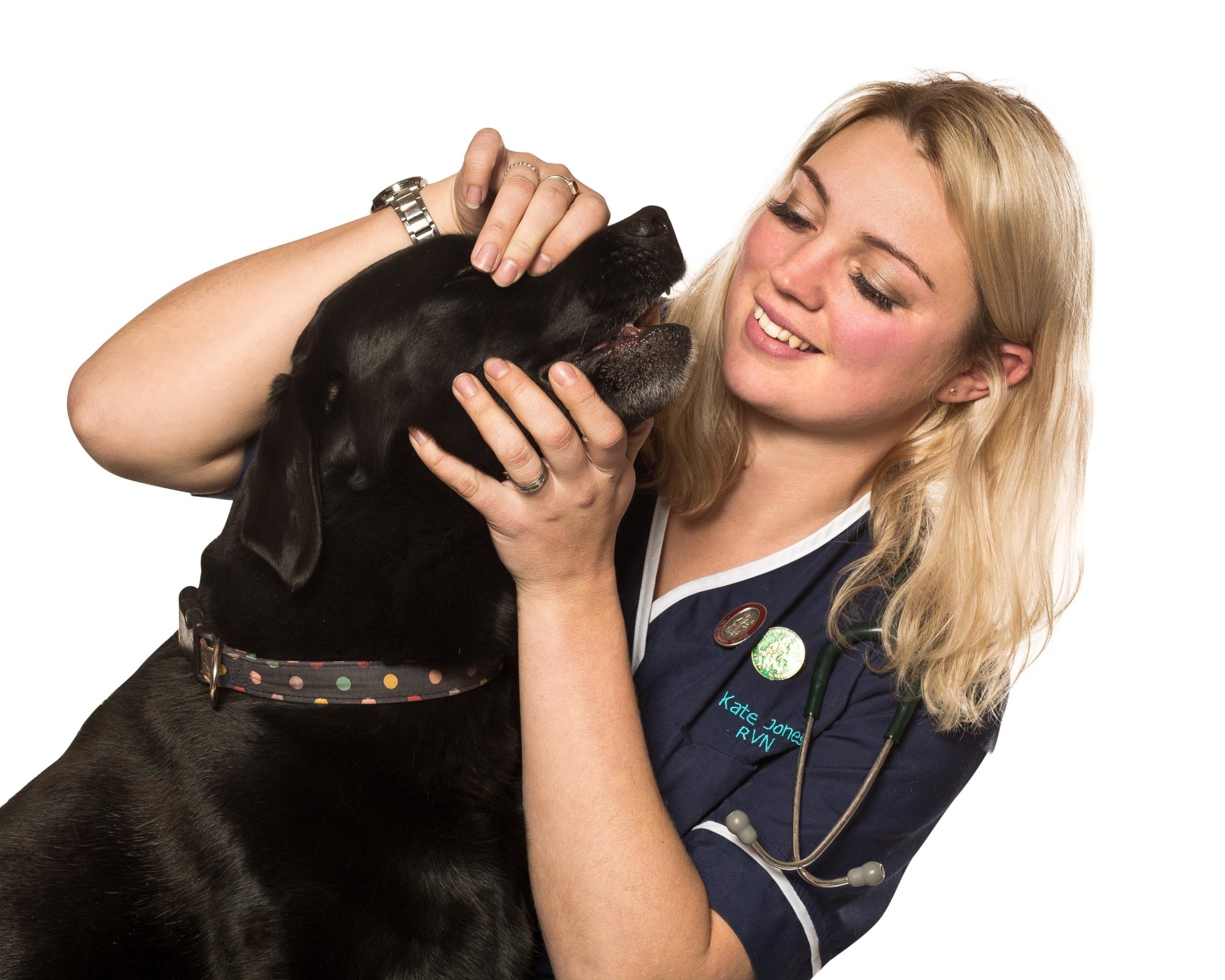May is Veterinary Nurse awareness month so here is a bit about what we do and how we got here.
Veterinary nurses work alongside veterinary surgeons, offering skilled support from preparing animals for surgery to performing diagnostic tests, monitoring general anaesthetics, caring for inpatients, owner education, the list is endless.
Being a veterinary nurse requires dedication, a passion for animals and their welfare, and being able to communicate effectively and confidently, we don’t just help pets we talk and provide support to owners as well.
Day to day life as veterinary nurse varies widely as there are many different practices and establishments where you could work, for example, a first opinion veterinary practice, a referral hospital, a university, a charity, or like us a mobile veterinary service.
For us at vetcare@home our day goes something like this.
Check the diary for that days appointments and plan our day, we then check our equipment, medicine and supplies that we need. We then head out on our visits, these can be anything from boosters, to pets with skin complaints, microchipping, blood tests, routine health checks, ear and eye problems, upset tummies, nutritional and weight advice and behavioural advice. We assits John our Vet by holding animals while he examines them, prepare and give medications, monitor vital signs I .e heart rate, breathing and temperature. We then update the animals file and take payments.
In between appointments we answer emails, messages and ring clients to book appointments, answer queries and give advice.
During times when we have no appointments we complete training, both in house and at lectures, seminars and events, as registered veterinary nurses we are required by the Royal College of veterinary surgeons to complete 45 hours over 3 years of continued professional development. We do training on health issues such as diabetes or dental problems for example. We also do training on products, equipment and drugs, so we can offer our clients up to date advice and information.
At the end of the day we package any samples that need to be sent to the lab and order any supplies that we need for delivery.
Becoming a veterinary nurse. You must be a minimum of 16 years old and have a minimum of 5 GCSEs grade C and above and must include maths, English language and a science, or comparable qualification or Animal nursing assistance qualification. You then need to complete a college or university course that leads to the RCVS accredited veterinary nursing qualification in order to call yourself a registered veterinary nurse.
You register with the RCVS as a student nurse and take one of two routes. Once you have your enrolment number you can complete a level 3 diploma, either full time or apprentice style alongside a job in a veterinary practice, this must be an approved training practice. This is usually provided by a college, a list of colleges can be found on the RCVS website. Full time you attend college and then go to a practice on a placement for blocks of time to do hands on training and to complete training records (NPL). In an apprentice style you would usually attend college one day a week or for blocks of a few weeks at a time depending on the college you attend, you would usually expect to be paid for your work in practice whereas if you are full time college student you are less likely to be paid. You complete your NPL with a clinical coach in practice who coaches and assess’ you in practice on a range of nursing skills, from animal handling to preparation of kennels, health and safety to giving medications and many more vital skills and knowledge that a veterinary nurse needs.
The other route is to complete a higher education course at a university, a degree in veterinary nursing. A degree takes slightly longer to complete and oftern includes additional subjects such as the AMTRA SQP qualification and practice management. Practical training is done at a training practice. A list of training practices can be found on the RCVS website.
All Student nurses must complete a minimum of 94 weeks (2,990 hours) training, to include at least 1,800 hours in employment or clinical placement. This excludes any holidays or absences.
Here are some helpful tips on getting into practice if you choose to go the apprentice route.
- Write a good CV, and hand it out in person, first impressions count so be presentable.
- Do work experience, doesn’t have to be in a vet practice but anywhere that gives you experience of being around and handling animals. Kennels, catteries, animal shelters and rescue centres, stables, etc.
- Do some free short online courses, this show a commitment, ability to study and a keen interest in veterinary nursing. Coursera is a good website for free courses.
Useful websites
www.rcvs.org.uk/lifelong-learning/students/veterinary-nursing-students
www.bvna.org.uk/a-career-in-veterinary-nursing
www.coursera.org (for free short courses)
www.myerscough.ac.uk/courses/veterinary-nursing

